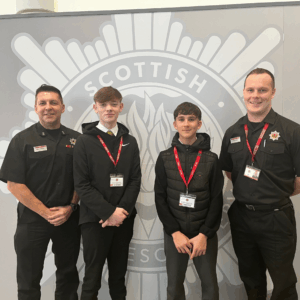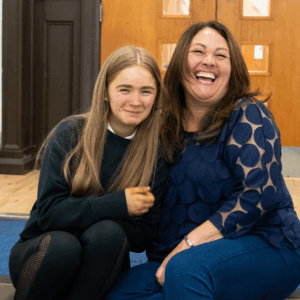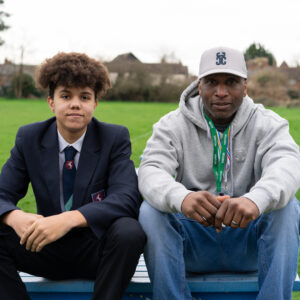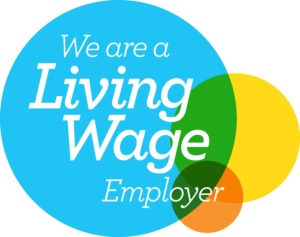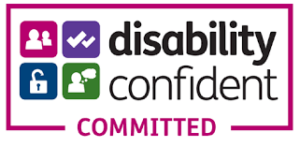Young people, mentors, our team, partners and wider supporters across the United Kingdom have had their say in developing a bold, vibrant new three-year organisational strategy for MCR Pathways.
Views and opinions gathered have shaped a refreshed, revitalised set of pillars, values and behaviours to guide the organisation achieve its vision of ensuring every young person, who has the most unfair start in life, has some to help guide them on their path, through the power of mentoring.
As the engagement phase moves towards completion, attention turns to letting everyone know what’s coming, and embedding the voice of young people and wider supporters in the bells and whistles of how we present our new strategy when it launches in the autumn.
Leading the project is Melodie Crumlin, MCR Pathways Deputy CEO, who tells why the time is right to develop a new strategy and much more.
Watch our video or read Melodie’s responses below.
So, Melodie, why is it time to develop a new strategy for MCR Pathways?
“We’re developing a new strategy because the world around us has changed and so have the needs of young people. The policy landscape is shifting, and demand for our support is growing. And in response to this we’ve set a bold new ambition. Until everyone has someone to help them find their way.
“To meet this need, we need a focused, forward-looking plan that builds on what we’ve achieved and prepares us for what’s next. So we are setting a fresh direction rooted in ambition, insight, and lived experience to ensure every young person can access a trusted and consistent adult through mentoring and wider opportunities.
“This is our chance to be even more intentional, inclusive, and impactful.”
Developing a new strategy often involves engaging an organisation’s key audiences; who has been involved in the process?
“We’ve made sure our new strategy is shaped by the voices that matter most. We’ve engaged young people, mentors, staff, employer partners across sectors, and schools, gathering insights from those at the heart of our work to ensure the strategy reflects real needs, experiences, and opportunities.
“We used a range of tailored approaches to engage each stakeholder in meaningful ways from focus groups and surveys with young people and mentors, to online conversations and surveys with staff, employer partners, and schools. By meeting people where they are and creating space for honest feedback, we have ensured diverse perspectives were collated which helped us to shape a strategy that has collective ownership and accountability.”
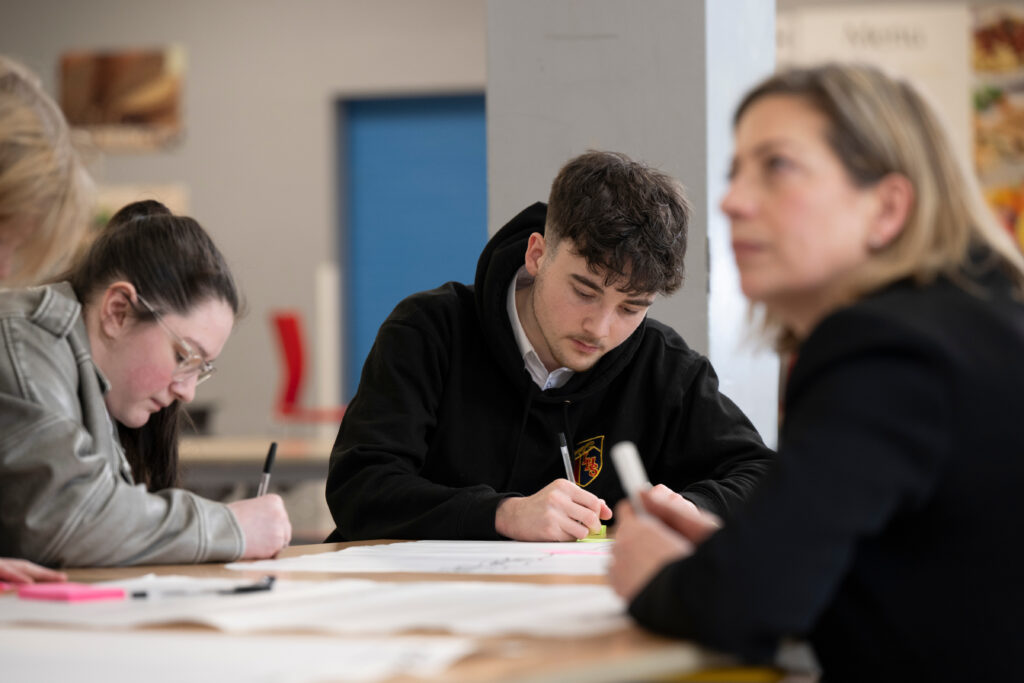
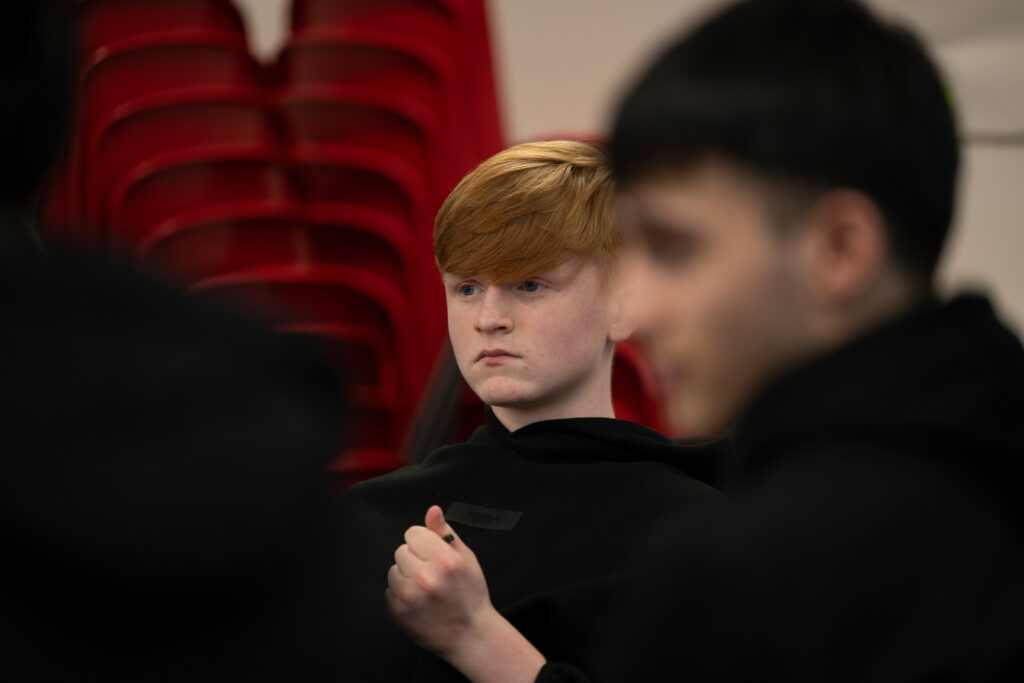

Having concluded much of the consultation piece, what are the key messages coming from our audiences?
“Across all groups, we heard a shared call for accessibility, consistency , communication and collaboration, in support of young people.
“Young people have asked to put mentoring first, for more opportunities and timely support. Mentors highlighted the need for enhanced communication, training and guidance. Partners also highlighted the importance of stronger collaboration, and enhanced opportunities to support our shared vision and values.
“There’s a clear desire for us to be bolder, more inclusive, and better connected across sectors. And finally, staff are calling for stronger collaboration, professional growth opportunities, clearer focus, and a vision that drives long-term impact.”
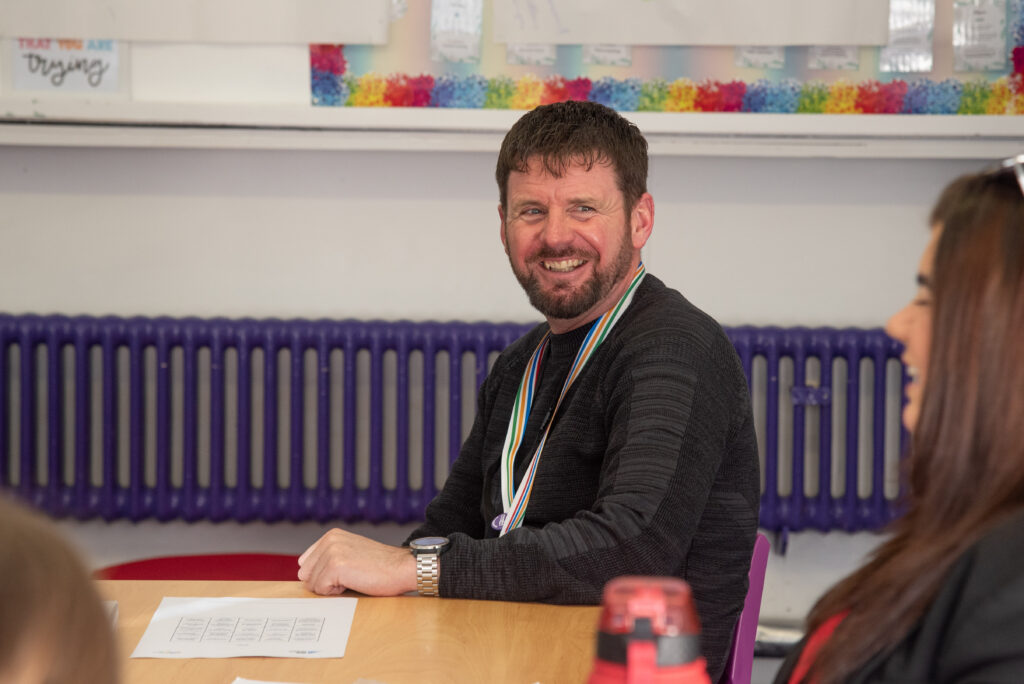


You said at our recent staff conference that strategy sets the foundation, but culture determines whether we’ll get there. That’s why there’s been an additional piece completed on organisational culture, right?
“Yes, that line ‘strategy sets the direction, but culture determines whether we’ll get there’ – is one I really believe in. We can have the most ambitious plans in the world, but if our culture doesn’t support them, they simply won’t land. The old saying being ‘strategy eats culture for breakfast’.
“That’s why refreshing our values and behaviours is so important. It’s not just a side project or a ‘nice to have’, it’s the foundation for how we show up for each other, for our partners, and for the young people and mentors we’re here to serve. The values give us clarity, but the behaviours make them real. They’re what turn a strategic plan into day-to-day action and that’s where culture really lives: in the small choices, in how we collaborate, how we listen, and how we lead.
“So for me, this is all about making sure our culture is a living, breathing part of our strategy — not something separate from it, but the thing that carries us forward together, living the values of communication, trust, respect and growth focussed.”
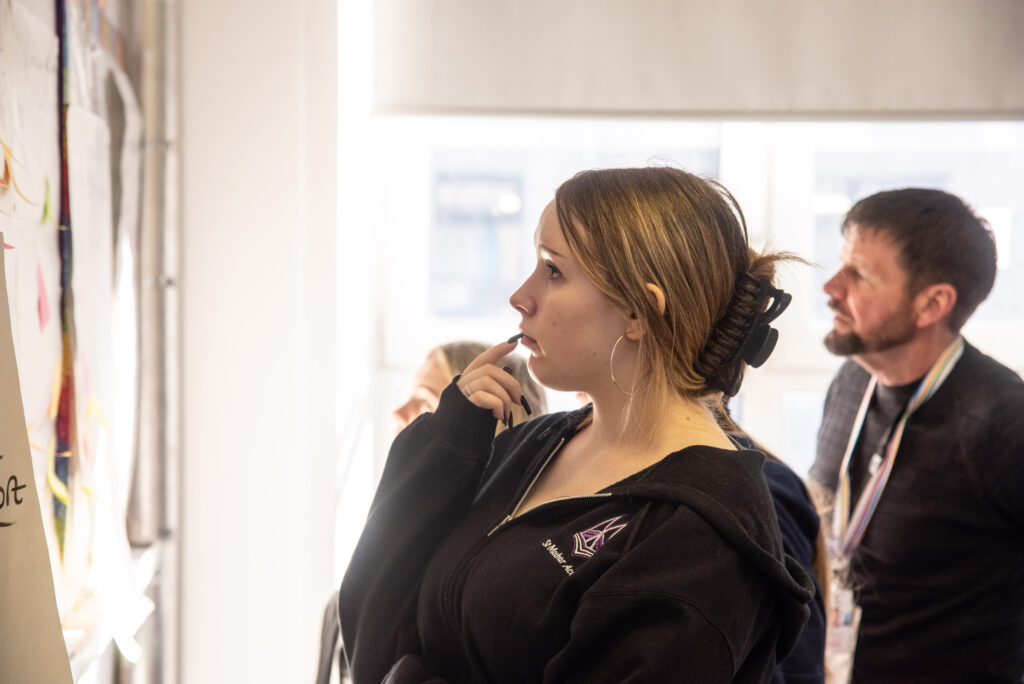
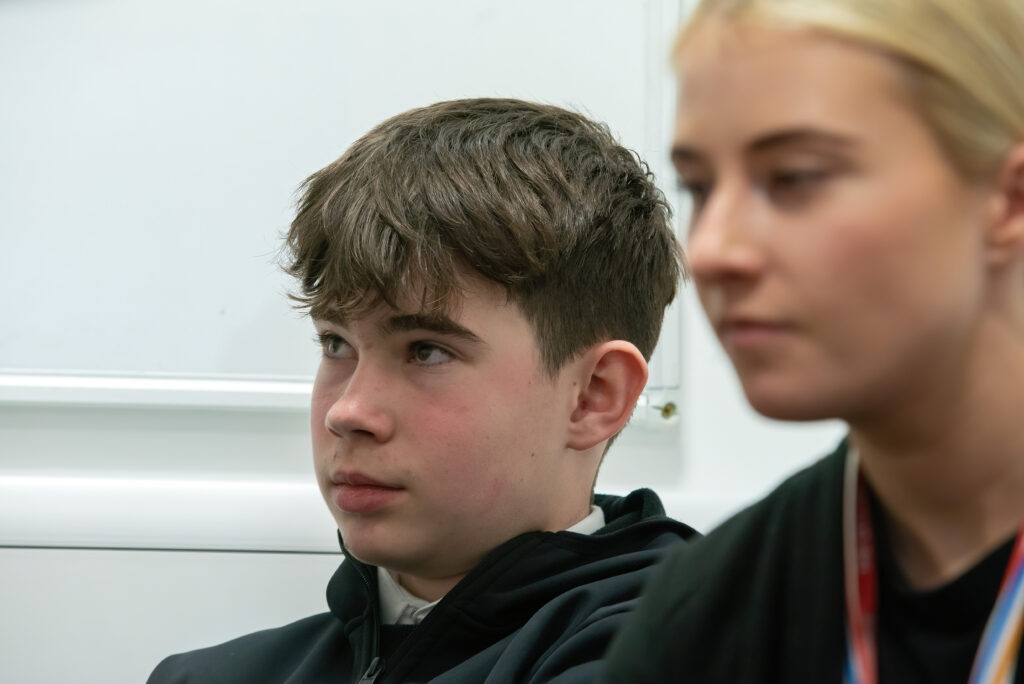
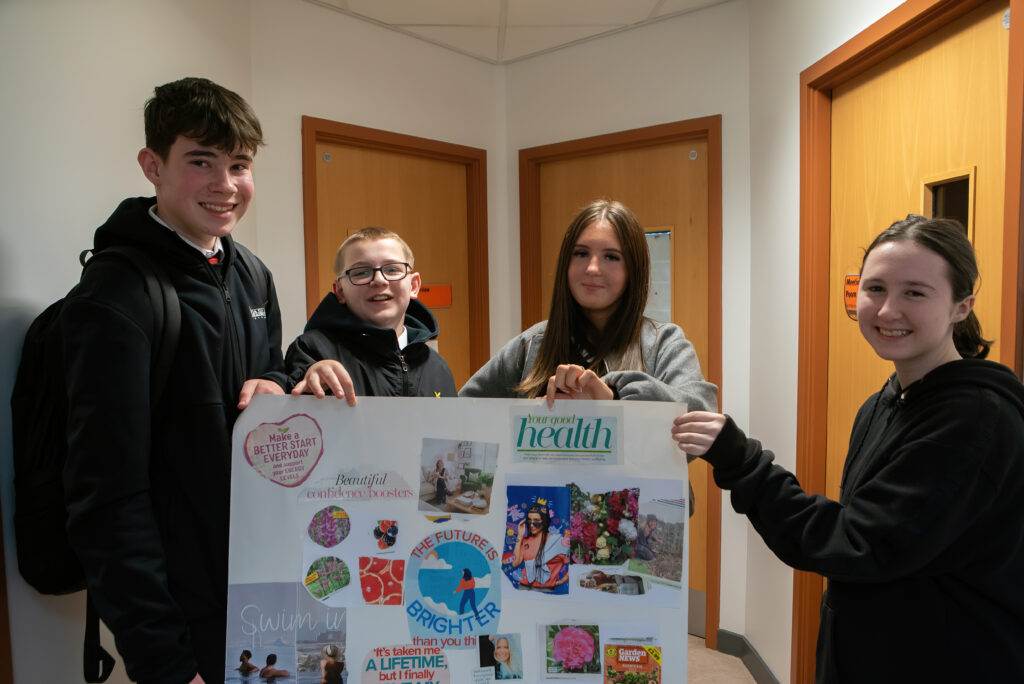
All of which is geared to achieving our vision of ensuring young people from cared experienced and wider challenging circumstances, have someone to help them find their path when they need us most.
As we look ahead to releasing our new organisational strategy, what’s the promise we’re making to young people across the United Kingdom?
“We promise that wherever young people are in their communities and wherever they are starting from, we will keep that promise by Reaching more young people by expanding access to mentors in the places and communities that need it most. Strengthening our support through better training, tools, and resources for mentors — so every young person gets consistent, high-quality experience.
“Partner more deeply with schools, employers, and local organisations to create a joined-up approach across young people’s opportunities and future pathways to education and work. Listening and adapting so continuing to centre young people needs and voices as well as our mentor voice in everything we do. We will use data and insight to track progress, learn what works, and keep improving.”
If you’d like to know more about our strategy, or keen to explore ways you can support us to achieve our vision, please contact: melodie.crumlin@mcrpathways.org
If you’d like to find out more about becoming a volunteer mentor, visit: https://mcrpathways.org/become-a-mentor/
